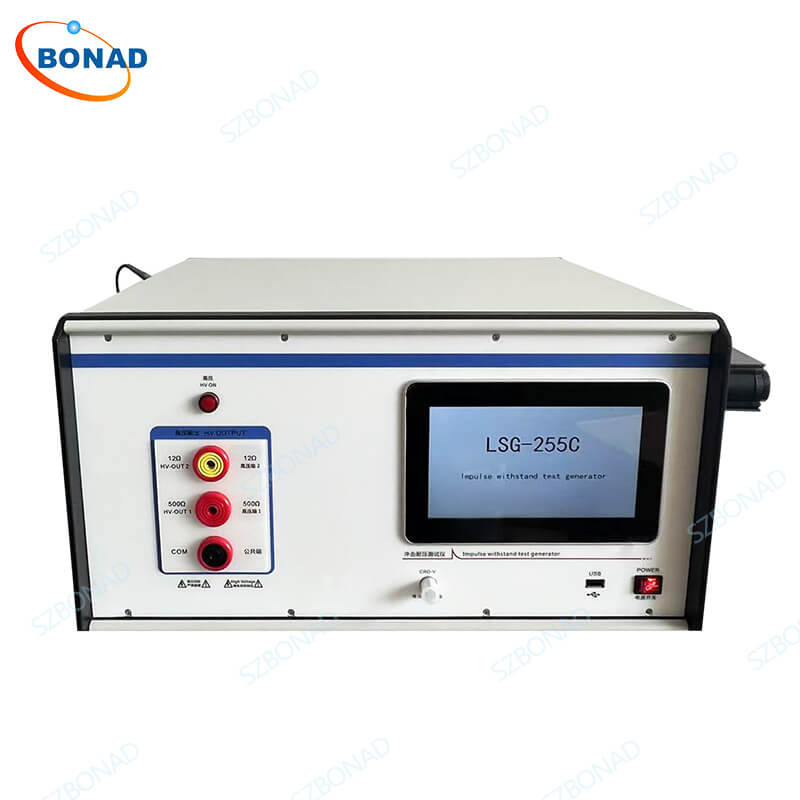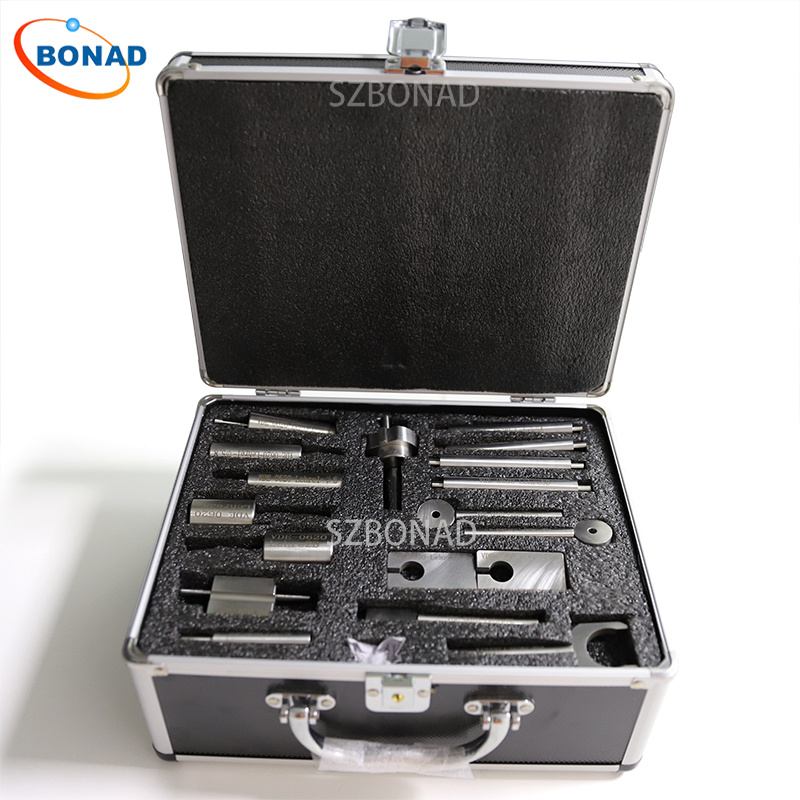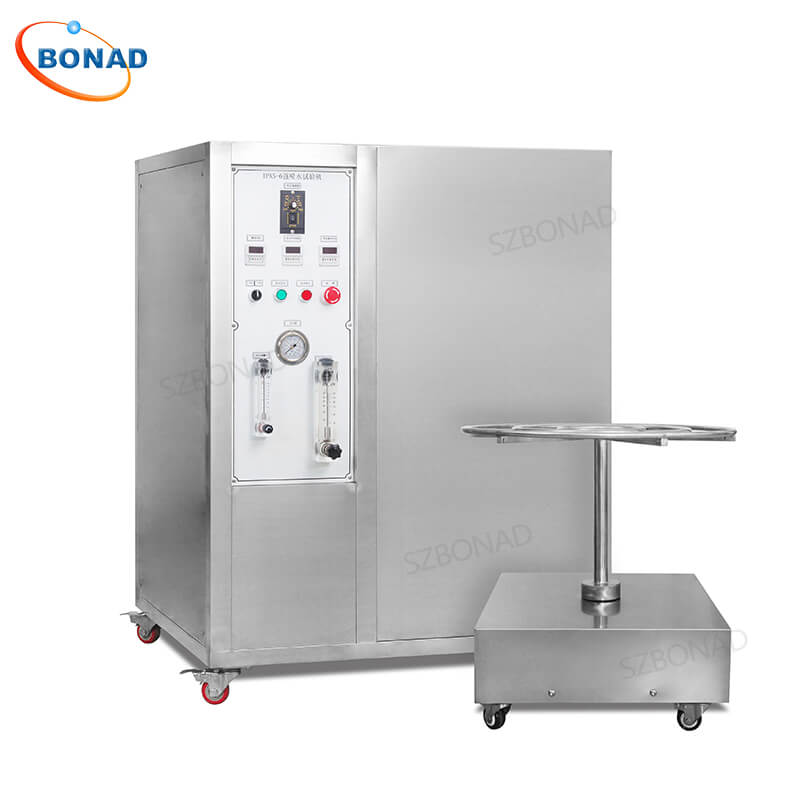High voltage testing is an essential process used to assess the electrical integrity and insulation performance of various electrical and electronic devices, components, and systems that operate at elevated voltage levels. This testing is crucial to ensure safety, reliability, and adherence to industry standards and regulations. It is widely applied in power distribution equipment, transformers, cables, motors, capacitors, circuit breakers, and other high voltage apparatus.
There are several types of high voltage tests, each designed for specific purposes:
- Dielectric Withstand Test (Hipot Test): Known as the Hipot test, this procedure verifies the insulation integrity of electrical devices. It involves applying a high voltage (typically exceeding normal operating levels) between the conductive parts of the equipment and its insulation to ensure it can withstand the stress without breaking down or allowing excessive current flow.
- Partial Discharge (PD) Test: This test detects and measures partial discharges within the insulation system of high voltage equipment. Identifying these discharges early can prevent insulation breakdowns by addressing weak points in the system.
- Impulse Test (Lightning/Switching Surge Test): This test simulates lightning strikes or switching surges by applying short-duration high voltage impulses to evaluate how well the equipment can handle transient overvoltages.
- Repetitive/Pulsed Voltage Test: Equipment is subjected to repetitive or pulsed high voltages to assess its performance under repeated stress conditions.
- Step Voltage Test: Used to evaluate the dielectric strength of soil or ground beneath a high voltage tower or substation, ensuring grounding system integrity and personnel safety.
- Voltage Endurance Test: Involves applying a high voltage over an extended period to determine if the equipment can continuously operate under such conditions.
- Capacitance and Tan Delta Test: Measures dielectric losses and capacitance in high voltage equipment to identify issues with insulation materials and aging effects.
High voltage testing should be conducted by trained professionals in a controlled environment following strict safety procedures to prevent accidents. At BONAD, we provide specialized test equipment tailored to meet your specific requirements.



